The kidnapping and torture of the Quinn Industrial Holdings' executive Kevin Lunney resonates deeply with those who remember the worst of the Troubles when abductions, punishment shootings, and the dumping of bodies along the border was commonplace.
This abhorrent crime has brought into sharp focus the activities of cross-border crime gangs.
It highlights how violent and dangerous criminals and subversives can move back and forth across the border with apparent ease and exploit the differences in the two jurisdictions. It also illustrates the difficulties faced by law enforcement in dealing with them.
Both the PSNI and An Garda Síochána have consistently stressed the strength of their working relationship and the co-operation which has enabled them, with some success, to target organised crime and dissident republicanism.
However, the brutal attack on Kevin Lunney and six "national security" attacks by dissident republicans in Northern Ireland so far this year, including the murder of journalist Lyra McKee, have raised serious concerns about the ability of both services to police the border - particularly in the event of a hard Brexit.
Both police chiefs recognise this fact and have identified three areas that pose the greatest threats in the wake of Brexit: cross-border smuggling, rural and organised crime, and dissident republican activity.
PSNI Chief Constable Simon Byrne has said he needs funding for 800 new officers, partly to combat the growing threat from dissident republicans.
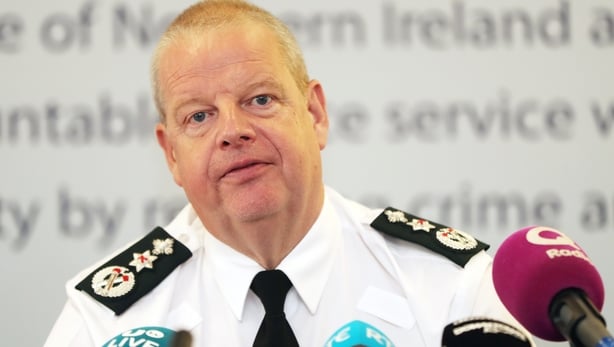
Garda Commissioner Drew Harris will not say how many more gardaí he needs or what his plans are for Brexit. He insists, however, there is a plan, they have he says "been thinking about it for two years."
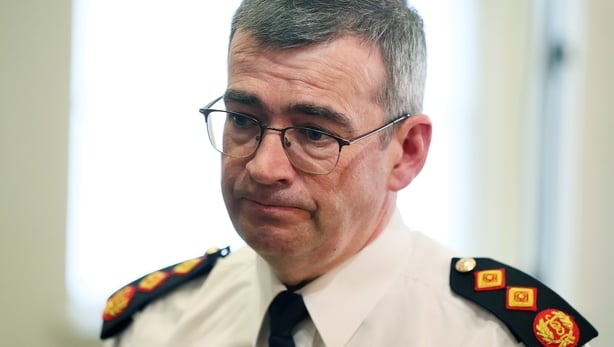
There is also a marked contrast in the additional resources each police service has received because of Brexit. On the northern side of the border the PSNI budget has been increased, an additional 190 officers have been deployed and an assistant chief officer has been assigned to Brexit preparations.
However, on the southern side gardaí next month will receive, after they graduate from Templemore, an additional 20 new "rookie" gardaí next month for border policing.
Gardaí have not received any additional funding for Brexit either. The overtime budget for this year has already been blown and the Government has insisted gardaí cover the €15m to €18m security costs of the unbudgeted for visits this year of US President Donald Trump and Vice President Mike Pence.
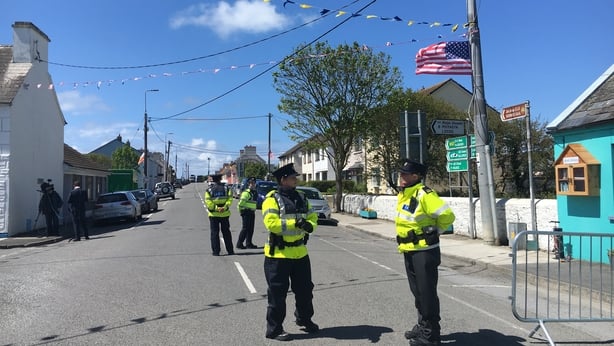
Drew Harris insists there already has been "a big uplift in capability" for policing the border with an additional 150 gardaí assigned over the past two years.
The new armed response unit, he says, is operational in Cavan. However, the rank-and-file are not convinced. The Garda Representative Association points out that the number of gardaí in the border station of Ballyconnell in Co Cavan has fallen by two-thirds in the last eight years and promises to reopen the border station of Bawnboy have not been honoured.
In spite of his reassurances, Brexit has forced the Garda Commissioner to stall his plans for re-organising the border region as part of his new nationwide policing model. While the garda divisions all over the country are to be amalgamated from 28 to 19, the existing four border divisions will not yet be reduced to two as planned.
The Commissioner is aware that the last thing gardaí on the border need along with Brexit on 31 October is to face in to a major restructuring and reorganisation of garda services there. Drew Harris says he is going to "hold off because of the uncertainty" of Brexit and "wait and see" what develops first.
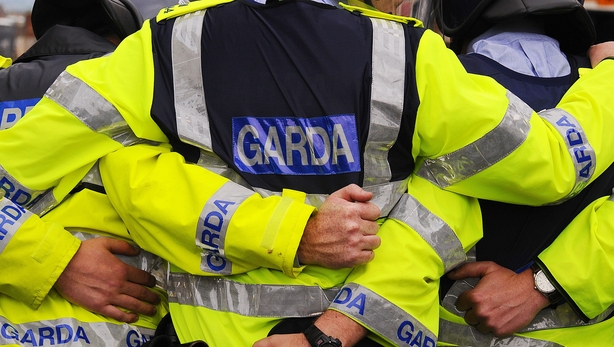
However, there is bafflement at his decision to situate the new Border Region's headquarters 160km away in Galway city and include in the region the non-border counties of Galway, Mayo, Longford and Roscommon.
One assistant commissioner will, in future, be responsible for an area stretching from the top of Donegal, to the bottom of Louth widening out the ends of Connemara and the Aran Islands.
Brexit not only poses major challenges for gardaí in terms of resources, personnel and the potential for increases in serious crime and increased dissident activity, it will also hamper the ability of gardaí to co-operate with the PSNI in dealing with these threats to both countries.
The Department of Justice is currently examining 700 legal instruments and is involved in ongoing engagement with criminal justice agencies and sectoral specialists to try to find the best way to continued co-operation.
It is not an easy task. There are an estimated 60,000 to 70,000 cross-border exchanges every year across law enforcement.
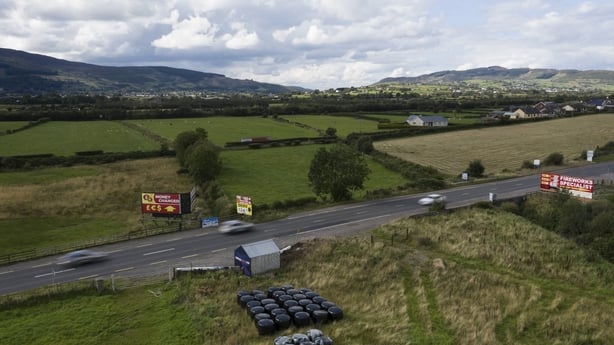
Once Britain leaves the European Union, EU treaties in relation to organised crime, the tracing of financial assets and the use of the European Arrest Warrant along with other arrangements will, as Commissioner Harris puts it, "fall away".
When working with the PSNI and other UK law enforcement agencies gardaí will have to fall back on more complex and dated processes such as the 1957 extradition convention.
Both police services are in no doubt that dissident republicans, ATM raiders, car thieves, fraudsters, and cross-border smugglers and drug dealers will all seek to benefit from Brexit’s political, policing and legislative changes.
The Drugs and Organised Crime Bureau, the Criminal Assets Bureau and the Garda National Economic Crime Bureau will in particular have to focus more on cross-border crime, which without additional resources will have a domino effect on investigations elsewhere, most notably the Hutch Kinahan feud.
Both the Minister for Justice and the Garda Commissioner have been making soothing noises about contingency plans for policing the UK’s only land border with the EU, but have not offered any detail or firm commitments on how it is to be done.
Rank-and-file gardaí who have to implement these plans on the ground are warning against a strategy of "downgrading strategically located garda districts and taking community gardaí out of these areas", which the local representative Garda James Morrisroe says is "doomed to failure."







